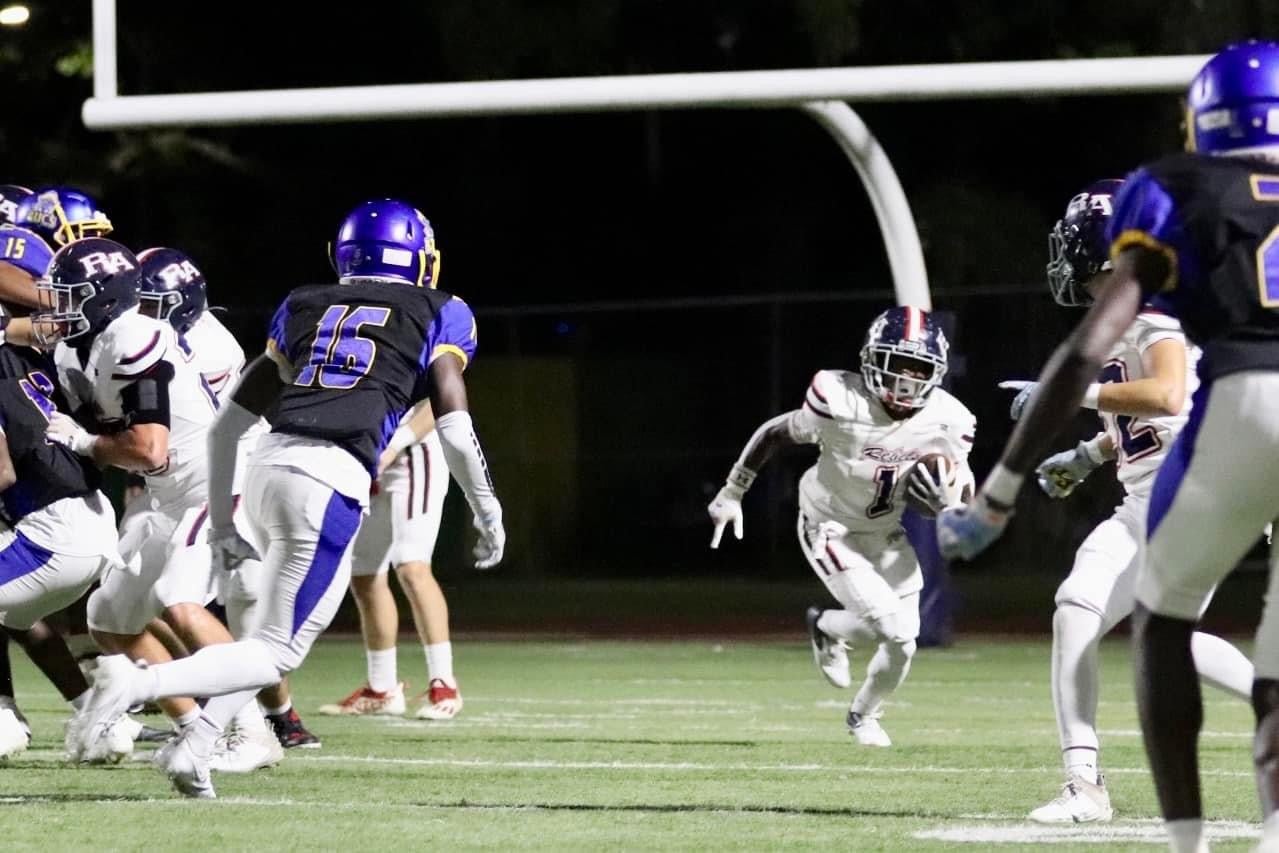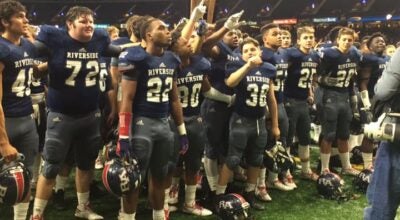From the Sidelines
Published 12:00 am Sunday, October 17, 1999
MICHAEL KIRAL / L’Observateur / October 17, 1999
It’s not that often we lay to rest a player who has made a major impact on their sport.
This year, the sports world has said goodbye to two such figures – Joe DiMaggio this past spring and now Wilt Chamberlain.
Like Dimaggio with his 56-game hitting streak, Chamberlain holds a record that will probably never be topped – the 100-point game he scored for the Philadelphia Warriors against New York on March 2, 1962.
But unlike DiMaggio, who drew hordes of media for his feat, Chamberlain’s record, set in Hershey, Pa., went virtually uncovered. Neither thePhiladelphia nor the New York papers sent reporters to the game.
That 100-point effort was just one of many remarkable feats Chamberlain accomplished in his career. During that 1961-62 season, he averaged 50.4points per game, a record that still stands. He averaged 48.5 minutes pergame, meaning he played nearly every minute of every game and overtimes.
He retired with 31,419 points, a record that stood for 11 years until Kareem Abdul-Jabbar broke it.
Forget Dennis Rodman, Chamberlain was the most dominant rebounder of any era. In 1960-61, he set a still-standing record by averaging 27.5rebounds a contest. His 55 rebounds in one of his legendary matchupsagainst Boston’s Bill Russell that season is still a record as is his 23,924 career rebounds. Eleven times he led the league in the category.Chamberlain has 49 of the top 68 scoring games in NBA history and 25 of the 45 best rebounding performances. But his most remarkable statisticmay be that in 1,045 games, this gentle giant never fouled out of a game.
But like DiMaggio and other sports greats, numbers can never tell the whole story. Chamberlain was one of those rare players whose game wasso dominant that their sports were forced to make rule changes.
Magic Johnson and Larry Bird are often credited for making the NBA what it is today. But it was Chamberlain and Russell who brought the league toanother level in its fledgling years.
Chamberlain often won the individual battles between the two but Russell, surrounded by better supporting casts, often won the team wars. Russellsaid the contests between the two men were based on friendship and respect and that because of Chamber-lain, he had to play at his best level or risk being embarrassed and having his team lose.
Like Pete Maravich, another showstopper from another era, Chamberlain died of a heart ailment. That was sadely ironic, because for a big man, thebiggest thing about Chamberlain may have been his heart.
Return To Sports Stories
Copyright © 1998, Wick Communications, Inc.
Internet services provided by NeoSoft.
Best viewed with 3.0 or higher





